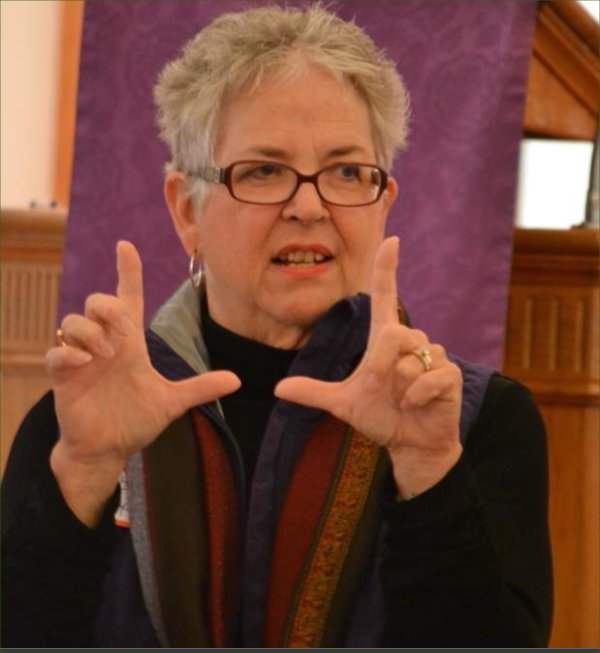I must go down to the sea again...to the lonely sea and the sky. And all I ask.... is for highway 12 to be rebuilt. And for county, state or federal money to pay for beach renourishment, so my house will not be swept into the ocean. We have a house on the inner banks that we have rebuilt twice and raised once. And friends, it's time to rethink coastal development. When we lived in Elizabeth City, in the Albemarle area, the old Oregon Inlet Bridge was compromised after nor'easters and hurricanes. As the inlet was shifting, there was wrangling over how much money it was going to take to keep the bridge open.
An old Salt in Nags Head once told us,
"If the ocean wants to open an inlet, she opens it. And if she wants to close it, it closes." Living with the dynamics of a coastline is something we who plant a stake in the sand don't quite understand.
Recent pictures and articles on the encroaching ocean gobbling up land and houses at Rodanthe are a reminder that this trend of sea rise continues. They moved the Hatteras Light. Nicolas Sparks' Rodanthe House was eerily eroded. I remember a weekend with a friend with a house at Kitty Hawk before 1984. The house next door was swept away in a Nor'easter. When we lived in the area, it was not uncommon for Nags Head homes to be swallowed whole.
Don't get me wrong. I love the beach. I acknowledge the income that comes from tourism. We need solutions in sustainability and stewardship of the coastline. I hope people a whole lot smarter than me are working toward plans that will protect the coastline and natural habitats for birds and sea creatures. But we who own property and pay taxes in these vulnerable places have responsibility in this too.
I love the Inner Banks of the Neuse River and the home we have owned since 1969. But we have seen the landscape change. The sand in front of our cottage on River Road was over thirty feet out, even in 1996. Since then, after Hurricanes like Irene, when we were losing shoreline quickly, we decided to build a bulkhead. A bulkhead actually creates a dynamic that takes sand away. So much for a personal solution to a natural process that no amount of money will slow.
For much of Pamlico and Craven Counties the landscape is still littered with flooded out houses and buildings that have never been repaired. It looks apocalyptic in its unaddressed destruction. Homeowners don't have the money or the will to clean up. Local municipalities and counties don't have the money or manpower to manage all the damage.
We owned property in Watauga County years ago when a high-rise condominium was built on Sugar Mountain. The sunset across the mountain tops was interrupted in such dramatic ways that advocates and activists pressed the government to write Ridge Laws that regulated what could be built on mountain ridges.
What would advocacy and activism at North Carolina's coast look like? I know there are river water advocates who voice concern about water quality. I also know that routinely Oriental and sometimes downtown New Bern flood, even at high tides.
I don't think there is enough money, either individually or publicly to turn the tide on this problem. The water will continue to rise and much of eastern North Carolina is very low land. There is a New Testament Scripture in Matthew 7 that speaks to the human folly of building a house on the sand.
Native peoples who occupied this land knew a level of living with nature and changes in rivers and shorelines. Their stewardship is a model of how we are called to live in the world without imposing our own desires on every aspect from coastline building to daylight savings time.
Things on the North Carolina coastline will continue to change around us. Reide Corbett, Executive of the Coastal Studies Institute at ECU says,
"We are getting a glimpse of the quandaries that await as seas rise, storms intensify, and shorelines deteriorate." Now the question is, how will we be willing to change, how we live with the dynamics of the sea and sound around us? Will our own Sea Fever ever cool?
Lib Campbell is a retired Methodist pastor, retreat leader and hosts the website: avirtualchurch.com. She welcomes comments at libcam05@gmail.com.



























